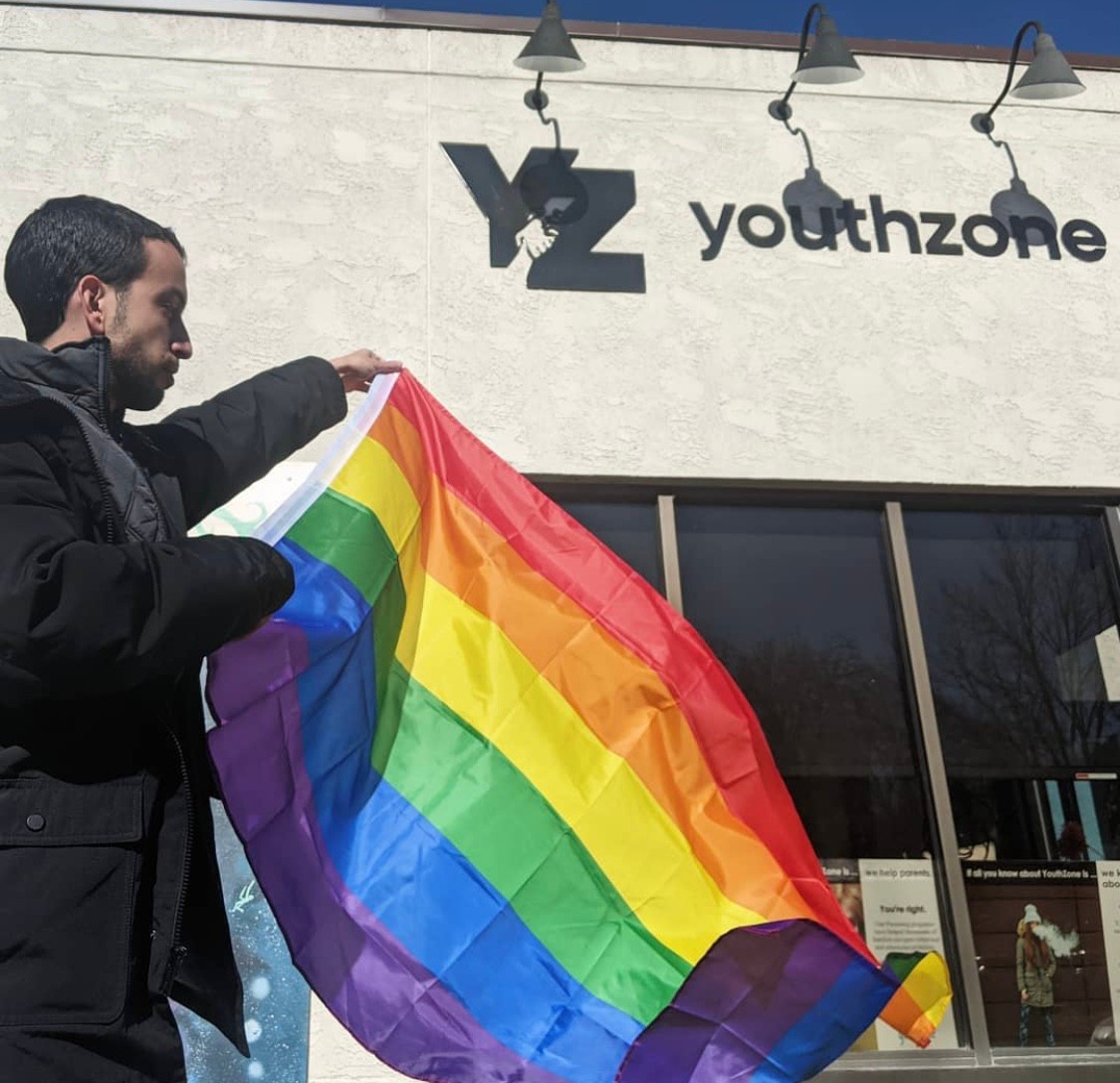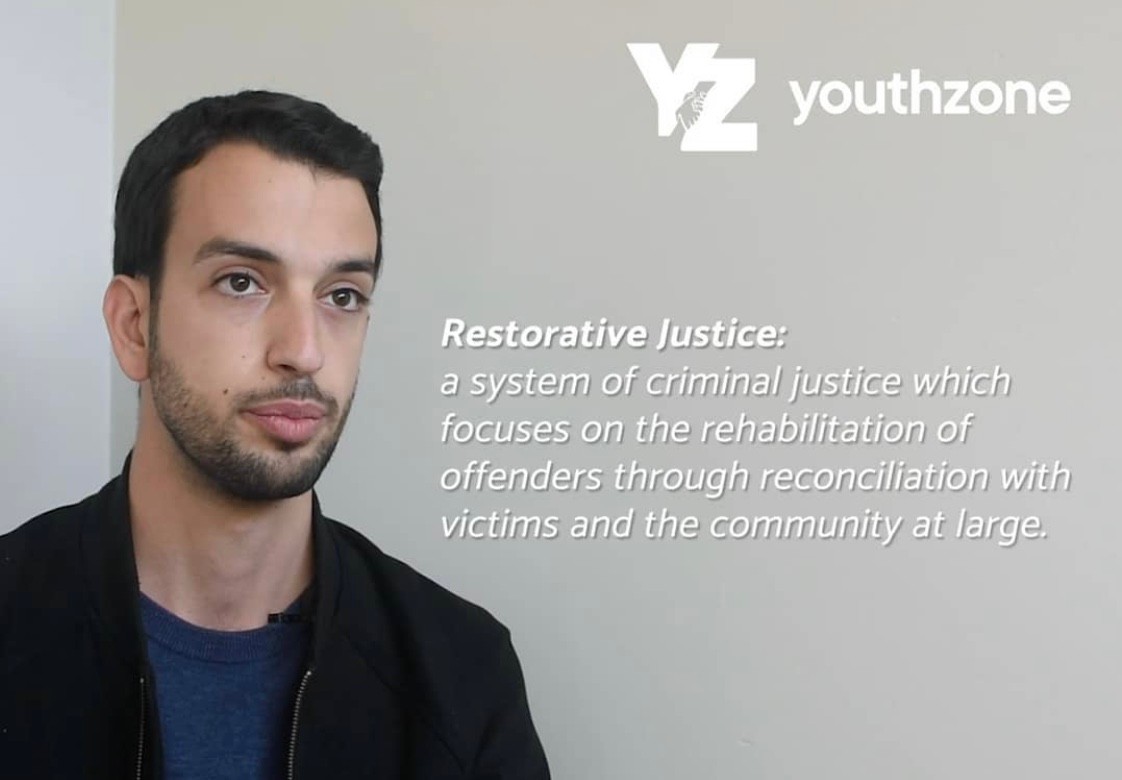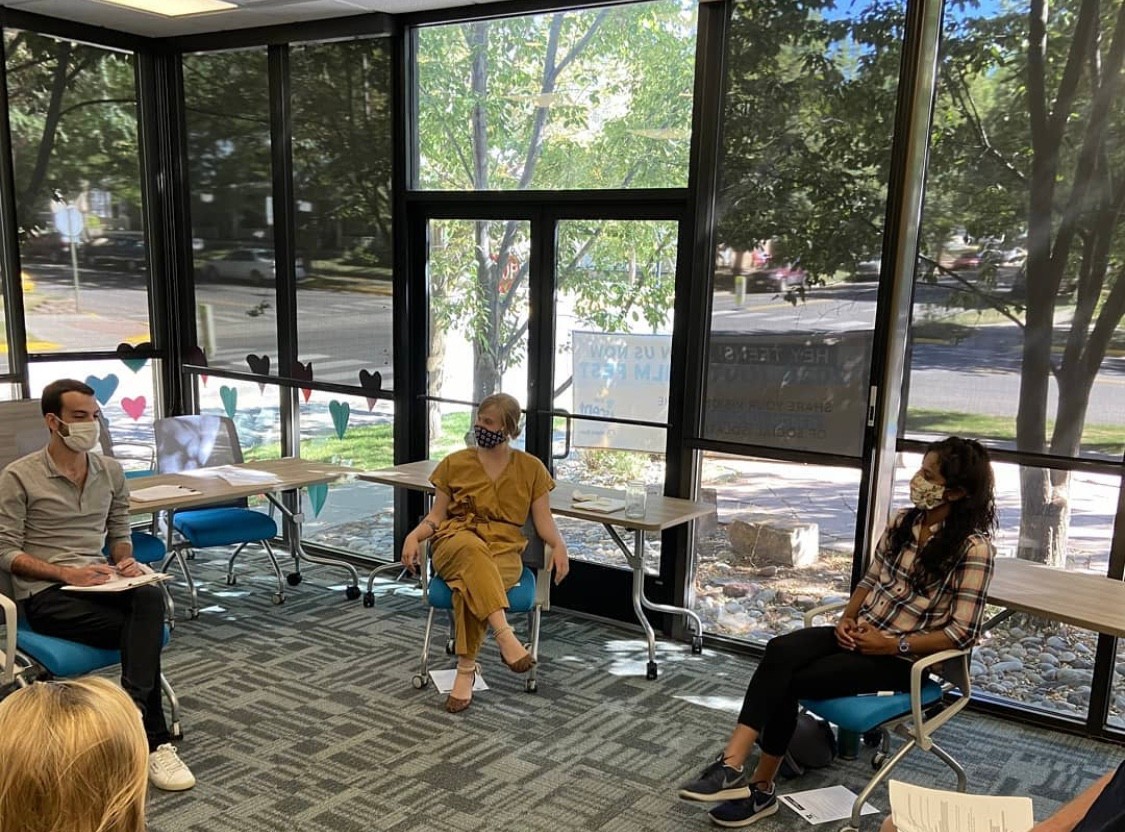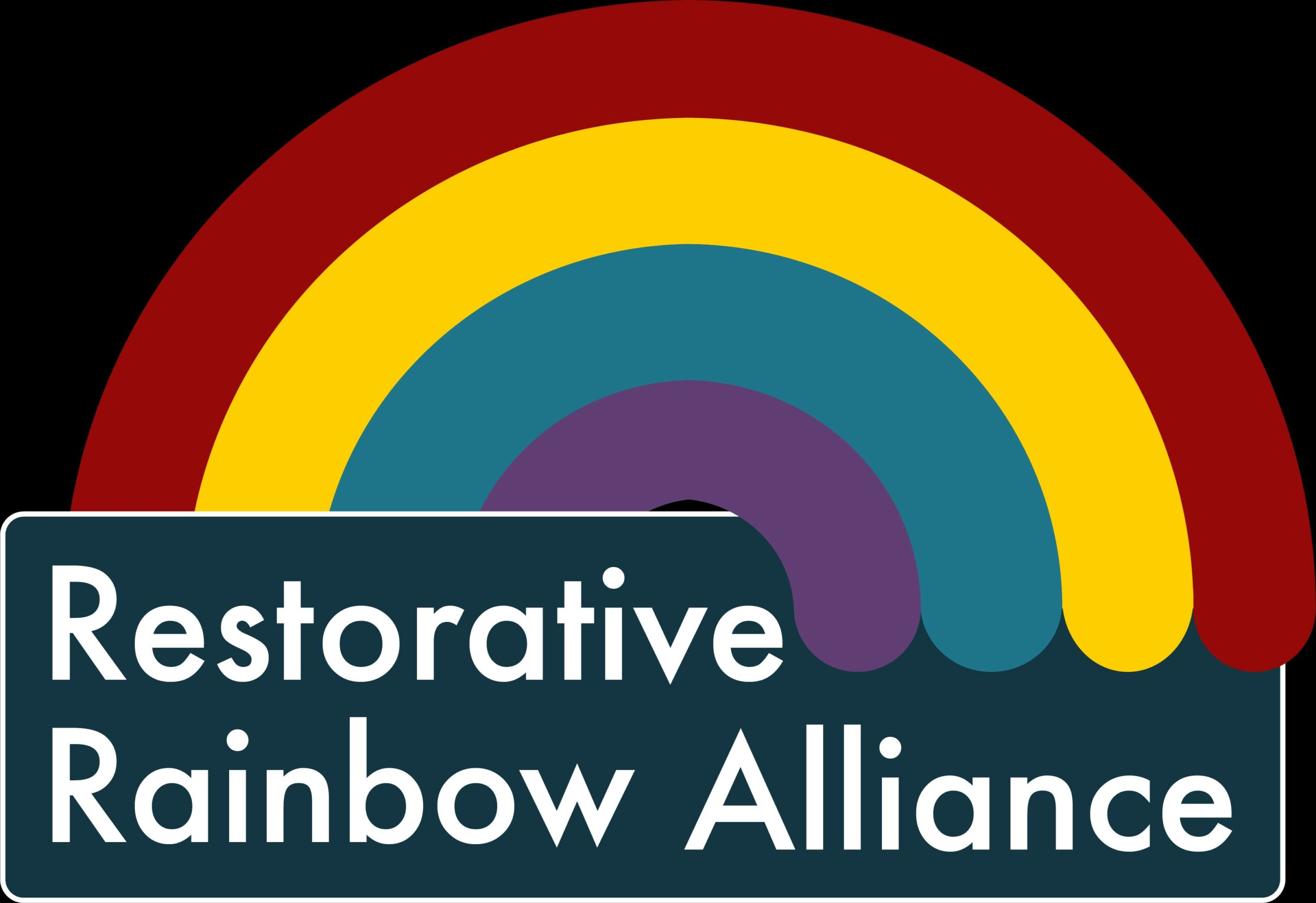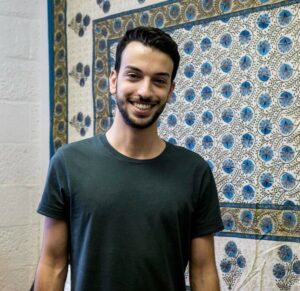
Today we’d like to introduce you to Rami El Gharib.
Hi Rami, thanks for joining us today. We’d love for you to start by introducing yourself.
I was born in Beirut, Lebanon. I identify as a gay man., and homosexuality is illegal in Lebanon. This made me work on different LGBTQ+ efforts in my home country to try and help people in my community. I moved to the United States from Lebanon in 2018 to pursue a Master’s degree in Industrial/Organizational Psychology at the University of New Haven. I wanted to get some work experience in Conflict Resolution, and my academic advisor at the time asked me if I had heard of Restorative Justice and connected me to the Tow Youth Justice Institute. I was immediately drawn to the field of Restorative Justice, and the field completely shifted my approach from being punitive to having a more restorative mindset.
After working with the Tow Youth Justice Institute in Connecticut on several Restorative Justice projects, I moved to Colorado and got a job as a Restorative Justice Coordinator.
During my time there, I noticed a gap in LGBTQ+ services in the region and in the field of Restorative Justice. As I was talking to a Restorative Justice volunteer, she told me that she was on a case with a previous Restorative Justice facilitator where an LGBTQ+ youth that was being bullied retaliated by punching their bully. The LGBTQ+ youth was made to repair the harm to the bully. This shocked me because the facilitator had no LGBTQ+ lens and sensitivity in the situation.
After hearing this story, I went into a deep dive of trying to bring more awareness to LGBTQ+ needs. In 2020, I established the first LGBTQ+ youth safe space in the Roaring Fork Valley, which was then funded by the state’s Restorative Justice Council. I then founded the first LGBTQ+ Restorative Justice Alliance in Colorado.
I’m sure you wouldn’t say it’s been obstacle free, but so far would you say the journey have been a fairly smooth road?
I received a lot of pushback on my work. In Lebanon, my family members and friends were worried about my work putting me in danger. Some even encouraged me to not talk or post about my work with the LGBTQ+ community. In Colorado, not everyone was supportive of my LGBTQ+ safe space initiative, and some even worried that this space would receive pushback from people funding the non-profit I was working at.
Great, so let’s talk business. Can you tell our readers more about what you do and what you think sets you apart from others?
Restorative Rainbow Alliance’s mission is to promote LGBTQ+ inclusion and increase the number of queer practitioners in Restorative Justice Practices by offering queer-affirming circles, training, outreach, research, and advocacy. I’m currently working on an LGBTQ+ sensitive “code of conduct” for Restorative Justice facilitators, as well as a “best practices” manual. These forms will be available for release to the public shortly.
Our alliance is also developing trainings that can assist schools nationwide to be affirming to LGBTQ+ students and support them in understanding and healing from situation that have caused them harm.
The Restorative Rainbow Alliance is different from others because we are establishing safe spaces virtually that adopt a Restorative Practices model. This allows all participants to have a voice in the safe space and share as much as they feel comfortable with.
Can you talk to us a bit about happiness and what makes you happy?
Growing up in a country where LGBTQ+ needs are ignored and criminalized, it makes me happy when I can contribute to making LGBTQ+ youth feel safe in their communities or by providing them with an outlet to feel like they can be themselves. I feel like the 14 years old me would be proud of 26 year old me for being able to create spaces that I so desperately needed as a teenager back then.
Contact Info:
- Email: restorativerainbowalliance@gmail.com
- Website: https://restorativerainbowalliance.org
- Instagram: https://instagram.com/restorative_rainbow_alliance
